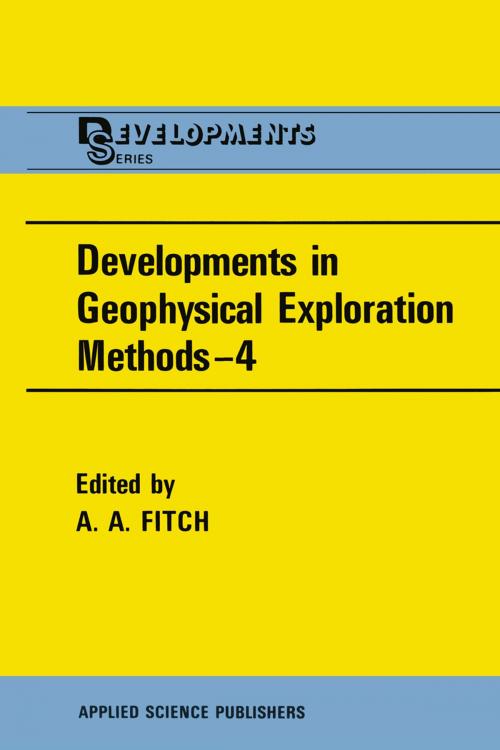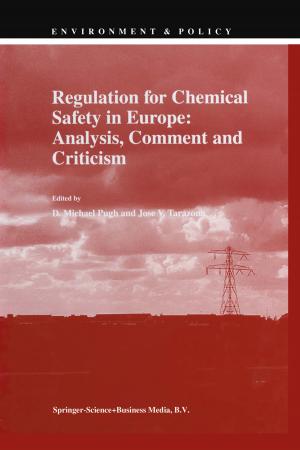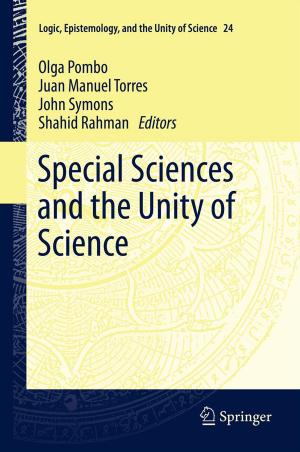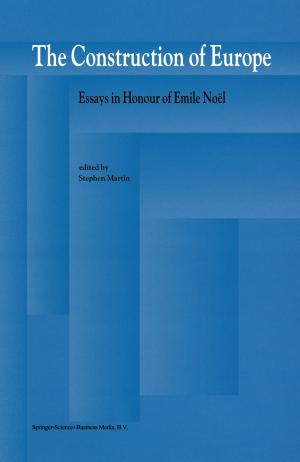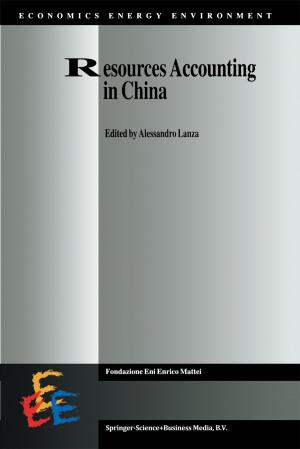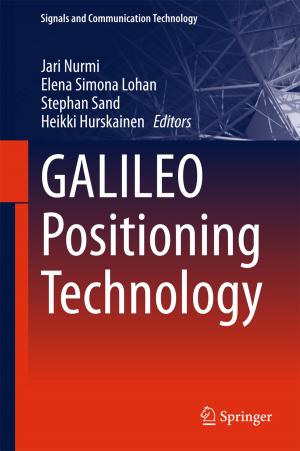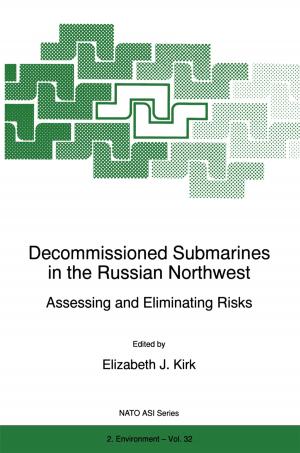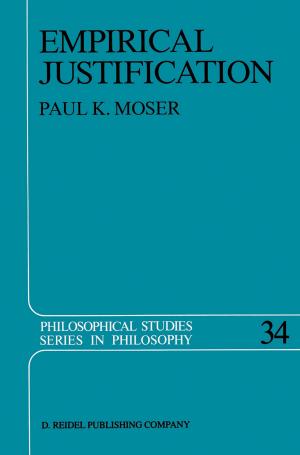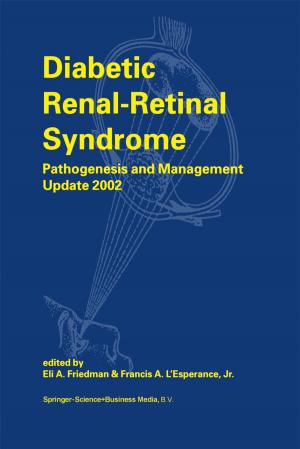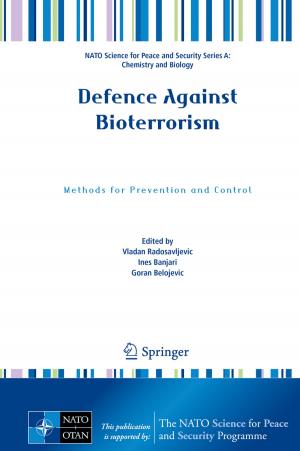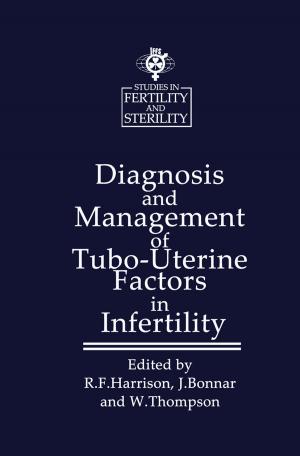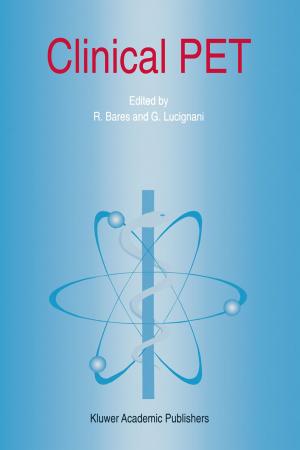Developments in Geophysical Exploration Methods—4
Nonfiction, Science & Nature, Science, Earth Sciences, Geophysics| Author: | ISBN: | 9789400966253 | |
| Publisher: | Springer Netherlands | Publication: | December 6, 2012 |
| Imprint: | Springer | Language: | English |
| Author: | |
| ISBN: | 9789400966253 |
| Publisher: | Springer Netherlands |
| Publication: | December 6, 2012 |
| Imprint: | Springer |
| Language: | English |
Geophysical prospecting is an applied science and the range of scientific principles to be applied is very wide. In this collection of original papers, the application of many different principles is described in the search for sulphides, other metallic ores and radioactive deposits. The papers are all concerned with surface observations and cover both the theory and the practice of the methods used. In all cases the advan tages and disadvantages of the methods are described and their role in the detection of mineral deposits is discussed and placed in context. Electromagnetic methods are covered in detail, involving the use of both electric and magnetic field effects. Techniques are described involv ing observations both at a number of discrete frequencies and with continuously changing frequency. In spite of the diversity of method it is interesting to note the strong links between the papers; two chapters, for example, start from the same fundamental illustration, first published by Won, of the basic relationship between source frequency, ground con ductivity and depth of penetration. The all-important economic aspects are not forgotten and the first chapter assesses the statistics of performance and describes their use in the shaping and management of an exploration programme. The editor takes this opportunity to thank the busy men who have set aside time to write these contributions.
Geophysical prospecting is an applied science and the range of scientific principles to be applied is very wide. In this collection of original papers, the application of many different principles is described in the search for sulphides, other metallic ores and radioactive deposits. The papers are all concerned with surface observations and cover both the theory and the practice of the methods used. In all cases the advan tages and disadvantages of the methods are described and their role in the detection of mineral deposits is discussed and placed in context. Electromagnetic methods are covered in detail, involving the use of both electric and magnetic field effects. Techniques are described involv ing observations both at a number of discrete frequencies and with continuously changing frequency. In spite of the diversity of method it is interesting to note the strong links between the papers; two chapters, for example, start from the same fundamental illustration, first published by Won, of the basic relationship between source frequency, ground con ductivity and depth of penetration. The all-important economic aspects are not forgotten and the first chapter assesses the statistics of performance and describes their use in the shaping and management of an exploration programme. The editor takes this opportunity to thank the busy men who have set aside time to write these contributions.
